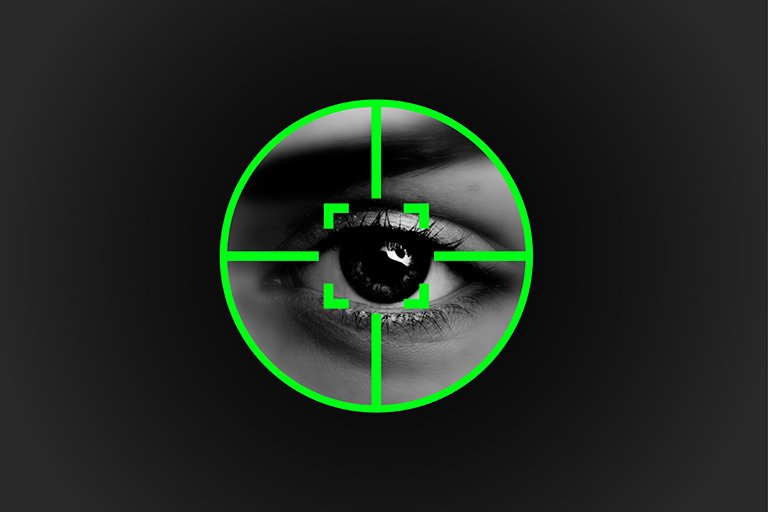Although journalists strive to stay neutral in their reporting, bias tends to seep into certain news stories, especially when it comes to heavier topics like mass shootings. Through the Media and Advertising Psychology (MAP) Lab, Information and Media (I&M) Ph.D. student Tao Deng partnered with fellow researchers to investigate this issue.
Assisting on the study was Saleem Alhabash, an associate professor of Advertising and Public Relations and co-director of the MAP Lab, Samuel Tham, I&M Ph.D. candidate, and Syed Ali Hussain, now an assistant professor at Arizona State University.
“The common interest of social media advertising brought us together, and we all contributed our own expertise in different parts of this study,” said Deng. “The collaboration put our knowledge together and created a greater synergy.”
The researchers examined how reading social media posts about mass shootings would impact a reader’s attitude toward the shooter depending on their ethnicity, perceived attractiveness and mental health.
Measuring Bias
Through online surveys, 699 participants viewed a Facebook post from a popular U.S. news outlet that showed coverage of a mass shooting. After viewing the posts, they were asked to rate Muslims and whites on six stereotypical characteristics, including level of violence, dishonesty and unintelligence. They were also asked which jail sentence would be most appropriate for the mass shooter shown in the post.
To gauge attitudes toward mental illness, participants were asked to evaluate the shooters that were described as having a serious mental illness on eight items –– dangerous or harmless, cannot be trusted or can be trusted, and irresponsible or responsible. Participants also indicated the attractiveness of the mass shooter on a scale ranging from not at all attractive to extremely attractive. The control group did not view any mass shooting Facebook posts before completing the survey questions.
Stereotypes Fuel Attitudes Toward Mass Shooters
The team found that when participants read Facebook posts about mass shooting news, their responses and attitudes changed depending on the ethnicity, perceived attractiveness and mental illness status of the perpetrator.
“The overall negative tone of mass shootings is a powerful influence towards people’s stereotypical views toward not only Muslims, but whites as well,” said Deng.
When a participant read a Facebook post about a Muslim mass shooter, their responses reflected more negative stereotypes toward Muslims than those who read a post about a white mass shooter.
Mass shooters that were rated as more attractive tended to receive a lower probability of death sentences. This was also the case even when the shooter was identified as mentally ill.
Regarding mental health status, Muslim mentally ill shooters were less likely to receive the death penalty than non-mentally ill Muslim mass shooters. However, participants reported a more negative view about mental illness after reading a post with a mentally ill Muslim mass shooter.
Moreover, participants reported more negative views about mental illness after reading a post with a mentally ill Muslim mass shooter, but they reported more positive views about mental illness after reading a post with a white mentally ill shooter.
“We are surprised by how powerful the negative stereotypical view of Muslims seems to impact people’s judgement on penalizing them for crimes, especially when they are identified as mentally ill,” said Deng. “Making the situation even worse, this combination of the Muslim ethnicity and mental illness attribution worked together to diminish people’s attitude about mental illness.”
Overcoming Bias in the Media
The researchers believe the findings have implications for the community as a whole. In the media’s case, the study shows how important it is to remain as objective as possible and to choose words and photos carefully when covering stories about mass shooters, especially in the case of minority perpetrators.
“It is critical to train journalists on recognizing their own biases when reporting sensitive news topics,” said Alhabash. “Biases are inevitable, yet it is our duty as educators, journalists and [advertisers] to recognize these biases and adjust them simply because the effects could be dire.”
Deng recommends that news readers and social media users exercise caution when consuming crime-related news by trying to remain neutral and seeking information from multiple sources before making judgements. Given the widespread adoption of social media, the researchers believe the public has the potential to play an even larger role in voicing their concerns about stereotypes and bias in the media.
“For the general public, it is time to raise awareness and try to change stereotypes toward Muslims and mental illness,” said Deng. “The public is not only responsible to monitor media reports but also to push change in society as a whole. The public should voice their concerns about unfair treatment, take the steps and initiative to act and make this a better world for all of us.”
By Rianna N. Middleton
